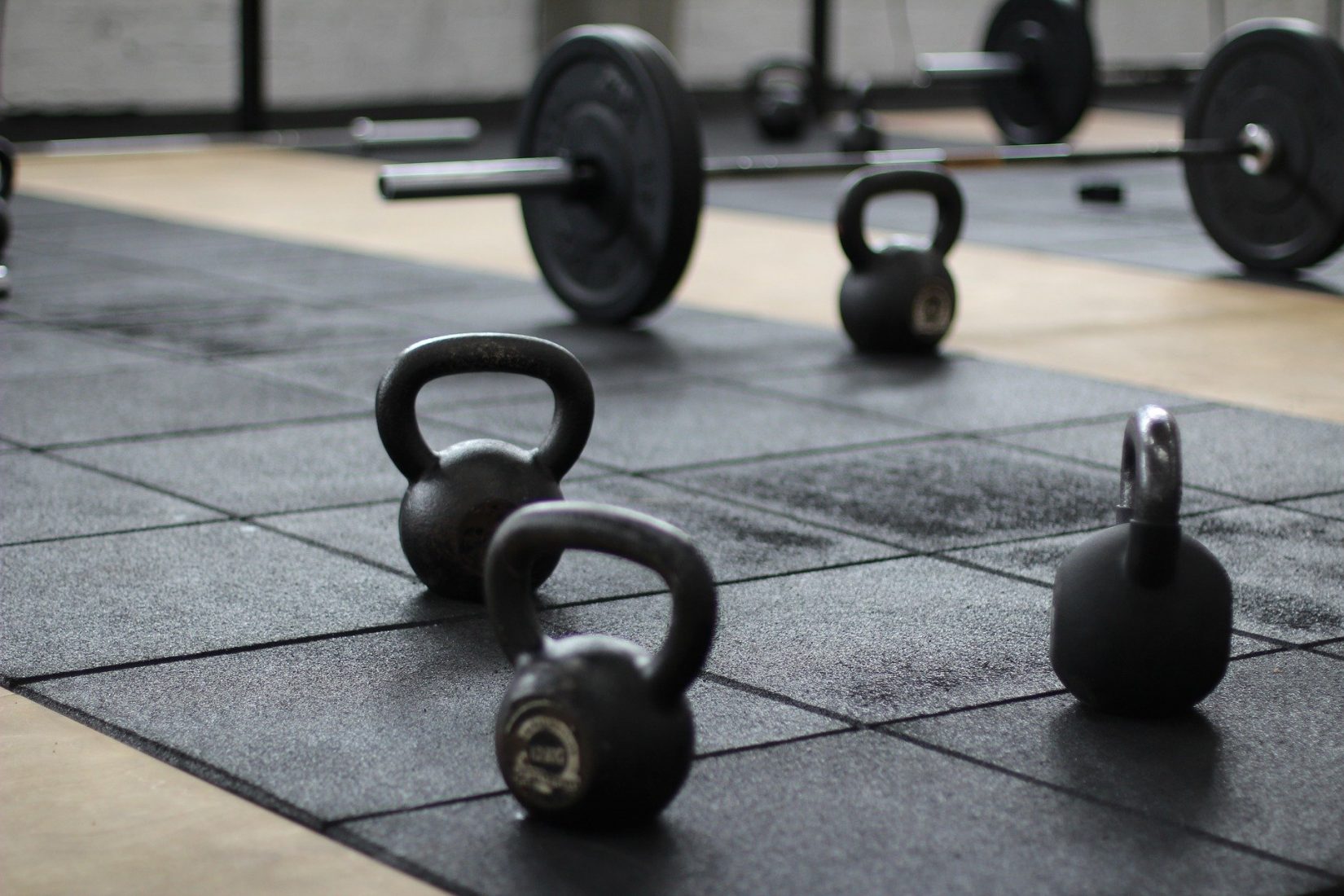Current research is showing that weight training is a safe and effective method of training for people with and without heart problems. It has been shown to increase the strength of bones, muscles and connective tissues. It lowers the risk of injuries, improves quality of life and increases muscles mass which makes it easier for the body to burn calories. More specifically for heart problems it has been shown to improve risk factors including hypertension, dyslipidaemia, and insulin sensitivity. Also, with an increasing number of older adults living with coronary heart disease, strength has a vital role in activities of daily living and reducing falls. I can also tell you from first hand experience that it is a great form of stress relief.
Whilst, some research has shown resistance training to be superior to aerobic training the general consensus is that doing both resistance training and aerobic training is best. This is why we involve both in our workouts at the Healthy Hearts Academy.
An interesting study I found showed a 23% reduction in the risk of fatal and non-fatal heart attacks in males who performed resistance training for 30 minutes or more each week. This is even more impressive when compared to the 18% reduction for men who completed 3 and a half hours walking each week. The same meta-analysis study reported 63 occurrences of cardiac complications during aerobic exercise compared to 1 complication during resistance training.
Now I am a big fan of resistance training so am slightly biased towards it. I don’t want you to think of resistance training as lifting the biggest and heaviest weights you can. I am talking more about the sort of things we do in the healthy hearts academy workouts such as bicep curls, shoulder flys, chest press or even goblet squats. You do not need to use heavy weights for these exercises, light weights are enough, especially when we are doing them for a minute each. I also think that if we did a whole 10 minute circuit workout with just weight exercises. 10 exercises for a minute each with a small break in between each exercise it would make you just as tired as a cardio workout if not more. However, a combination of both I still feel is the best way to get the most effective exercise.
For those of you who may be interested in incorporating weight training into your weekly routine the American heart association recommends:
- One set of eight to 12 repetitions, working the muscles to the point of fatigue, is usually sufficient for each muscle group.
- Aim to exercise each muscle group at least two times per week, with a minimum of two days of rest between workouts.
Training more frequently or adding more sets may lead to slightly greater gains, but the minimal added benefit may not be worth the extra time and effort — not to mention the added risk of injury.











